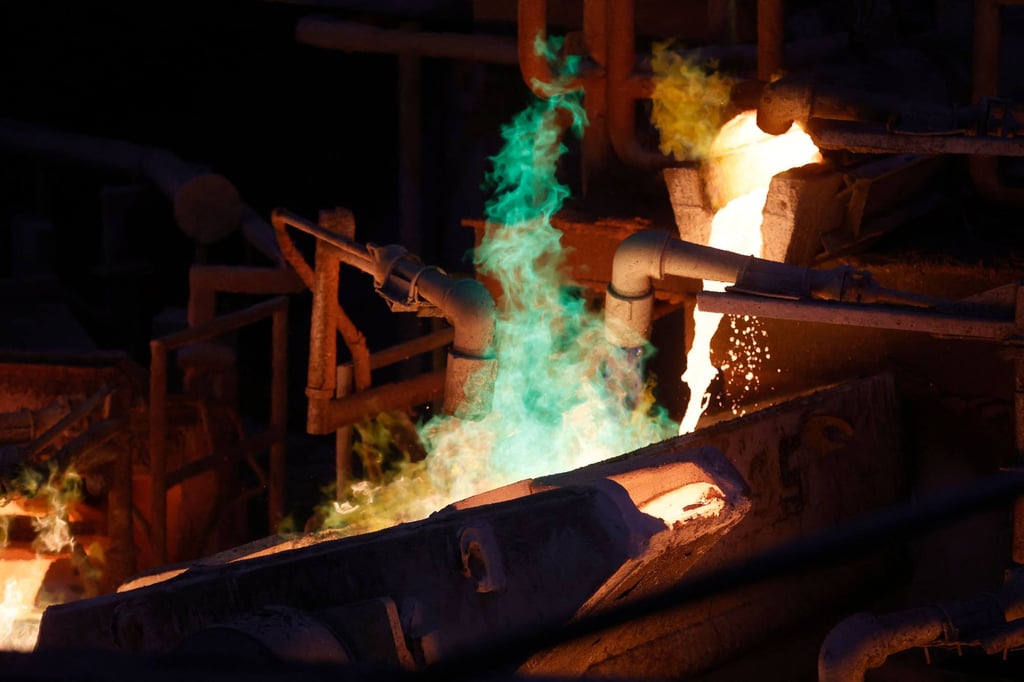The extraction of copper, essential for building the microscopic wires found on semiconductor circuits, requires substantial water resources. About 1,600 litres (423 gallons) of water were needed to obtain just 19kg of copper, the report said, citing data from the Commonwealth Scientific and Industrial Research Organisation in Australia.
Currently, only copper supply from leading producer Chile, which contributes 7 per cent of global semiconductor production, is at significant risk from severe drought.
However, PwC projected that this figure could rise to 32 per cent by 2035 and 58 per cent by 2050 in a worst-case scenario, as climate risks increasingly affected major producers, including mainland China, Taiwan, Japan, South Korea and the US.

According to the International Copper Association (ICA), nearly 28 million tonnes of copper were consumed annually. While semiconductors used only a fraction of this, modern chips played a vital role in the global economy, according to the Washington-based Centre for Strategic and International Studies (CSIS).
Semiconductors are integral to consumer electronics, including computers and smartphones. The chip industry was expected to reach a value of US$1 trillion by 2030, largely driven by advances in artificial intelligence, according to the report.


